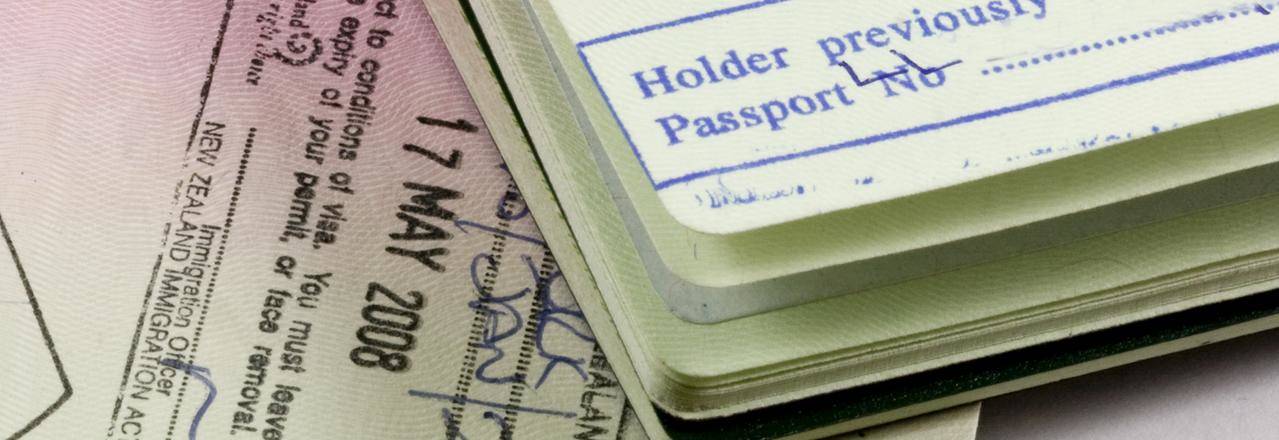At the end of August, Immigration New Zealand made some simple but significant changes to the way that Interim Visas work. This has injected some humanity and common sense into a process which was, until now, producing some poor outcomes for people applying for visas.
What Has Changed?
An Interim Visa is what you usually get when you apply for a new visa while you are in New Zealand. It starts automatically the day after your last regular visa expires, and it runs until your main application is decided. In this way, people who have applied for a further visa in the proper way don’t end up as overstayers while they are waiting to be approved.
However, there used to be a problem if the new application was declined. Immigration would cancel the Interim Visa on the same day as the decline, so that people would suddenly find themselves stranded unlawfully in the country with no regular way to resolve that situation. One solution was to request a visa under section 61 of the Immigration Act, but Immigration has the power to reject these requests out of hand, and give no reasons for doing so.
In fact, by law the Interim Visa was deemed to expire on the day after the decision on the main application was made, a fact that was often overlooked by INZ.
From now on, however, Interim Visas are deemed to expire 21 days after the main visa application is declined. This has 2 important effects:
- The primary advertised reason why INZ extended the validity of Interim Visas was to allow people to get their affairs in order before leaving New Zealand, instead of winding up as overstayers. In itself, this is reasonable; but
- In my view, the more important result is that visa applicants can apply to have the decline decision reconsidered. People are only entitled to ask for a reconsideration if they still have a visa to be in New Zealand. Under the previous regime that was denied to them, because they would become overstayers as soon as the decision was made.
Reconsiderations
If your visa application is declined, you have 14 days to put in the reconsideration request, which includes paying a fee (currently $195). Then you need to wait for the decision. This means that it is critical to put in the reconsideration as soon as possible. That is because it will take time for the reconsideration to be assessed, and the Interim Visa is only valid for that remaining 21 days. It is likely that you will end up without a visa at some stage if they don’t decide it fairly quickly.
Someone filing a reconsideration should look at the original decline decision that they got, and think carefully about what evidence they can give to answer the problems which caused the application to be declined in the first place. It is not just a matter of asking Immigration to look at the same case again. If they have refused it once, then a new visa officer will simply follow that decision unless some new angle is presented to them. It is also worth considering whether you can ask for an exception to be made in your case, because they are required to think about that by their own Instructions.
Under the old Interim Visa scheme, there were not many opportunities for people to ask for reconsiderations. I predict that Immigration will see a whole lot more of them. How they will respond to a sharp upswing in such requests will be interesting to see. On the other hand, there should be a sharp decline in the number of people requesting “section 61” visas – that is, visas for those who end up unlawfully in New Zealand.
The problem with s 61 cases is that Immigration has complete freedom to decide them in whatever way it likes. By contrast, visa officers must apply the existing policy to any reconsideration – as well as consider an exception to Instructions – and they must give a reasoned decision in writing as to why they have made their latest decision.
Overall, the change marks a significant improvement for migrants who have marginal cases, or who get poor decisions against them. Anyone who has a temporary visa application declined should act right away to get that turned around at the reconsideration stage. That includes getting professional help to work out the best way to answer the issues which caused the application to be declined.

They woke up so late. Same thing happened to me, but I wasn’t eligible for reconsideration when they declined my work visa after giving me interim visa although I had applied well 2 months in advance before expiration of previous visa.